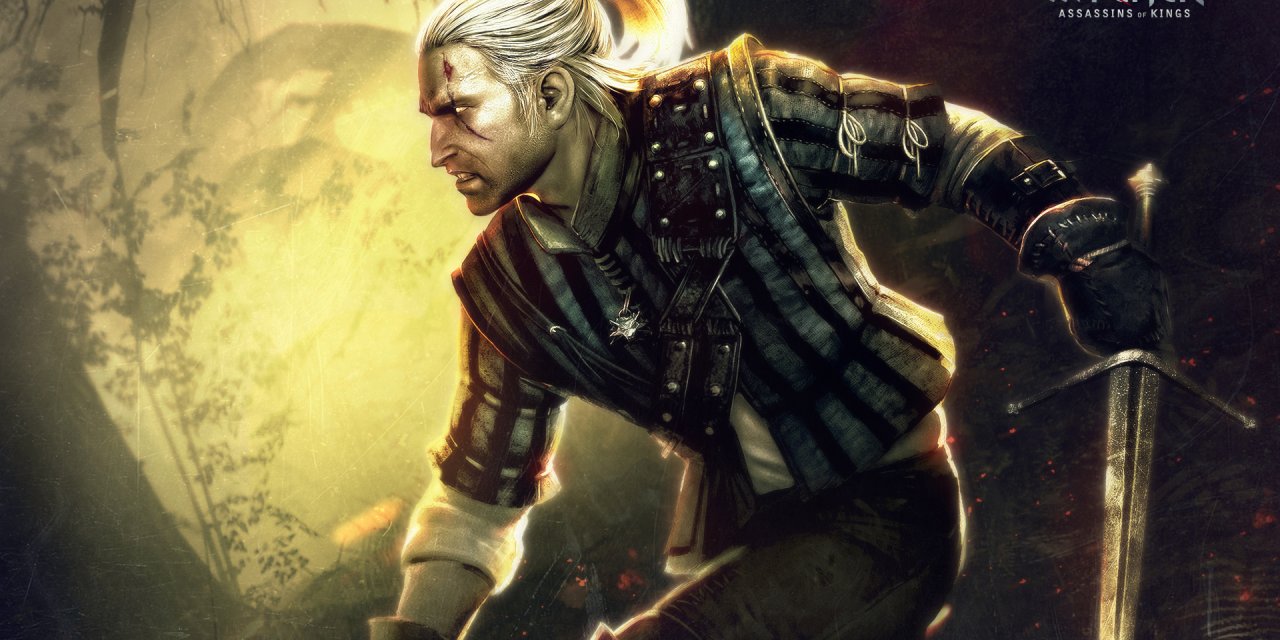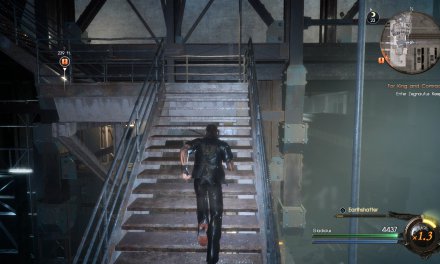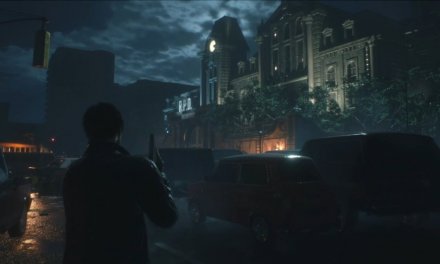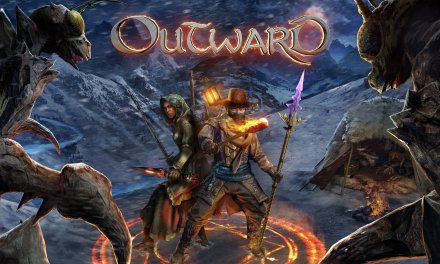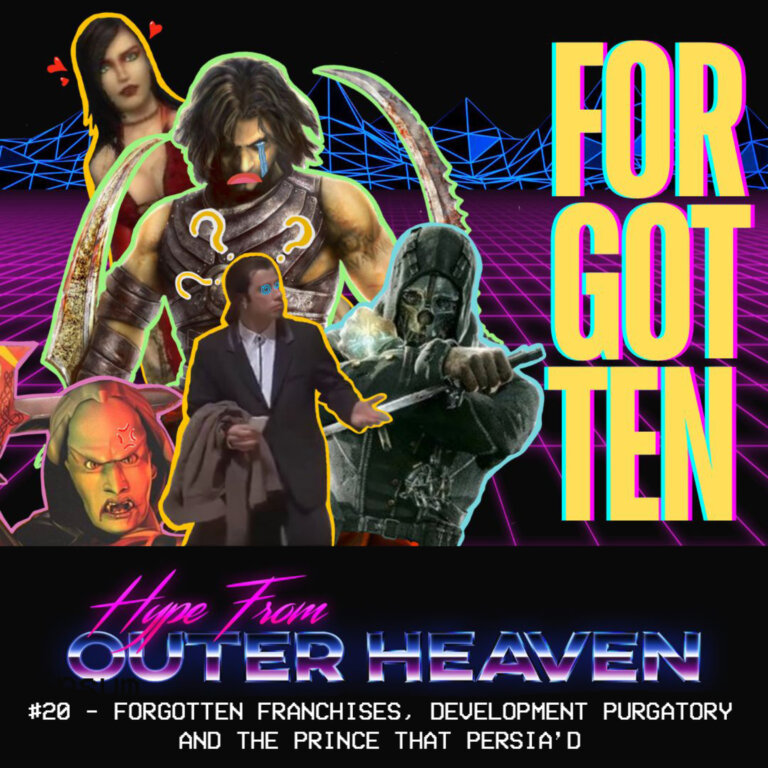Movies based on video games are cursed, but a drama series based on a video game (and its books)? Sign me right up…
There aren’t many things I think so fondly of as I do the Witcher Saga. The dark ages setting, the mysticism, the drama etc. all come together in a violent cocktail of politically charged, medieval fantasy loosely based on European history and Slavic folklore. On Wednesday last week Netflix announced plans for a live action adaptation of the Witcher Saga; with author Andrzej Sapkowski working alongside the development of the series as a creative consultant (akin to George R.R. Martin on Game of Thrones). In a press release delivered on the same day, Sapkowski stated that he is “thrilled that Netflix will be doing an adaptation” of his stories and that they will be “staying true to the source material and the themes” that he has been writing about over the last thirty years. The series will be developed by the Sean Daniels Company in collaboration with Platige Image; as of yet no directors or casting choices for the various roles have been announced.
Sapkowski first wrote about Geralt of Rivia in 1986, in the December issue of the Polish magazine “Fantastyka” in which he entered his short story titled “The Witcher” into a competition, which ended up taking third place. Sapkowski would later go on write two collections of short stories called ‘Wiedźmin’ (Witcher) in 1990 (later re-released as The Last Wish in 1993) and ‘The Sword of Destiny’ in 1992; following this he would go on to write five novels following the exploits of Geralt and his companions, which would later inspire CD Projekt Red’s stellar trilogy of games set within Sapkowski’s universe. The Witcher became something of a cultural icon in Poland, as no one could of predicted how the books would take the country by storm, leading Sapkowski to gain the unofficial moniker of the ‘Polish Tolkien’. The decision to adapt the series directly from the novels rather than the video games is the intelligent play, as on screen adaptations of video games seldom have a good run and have an unfortunate reputation for being downright awful (thanks in no small part to the likes of Uwe Boll).
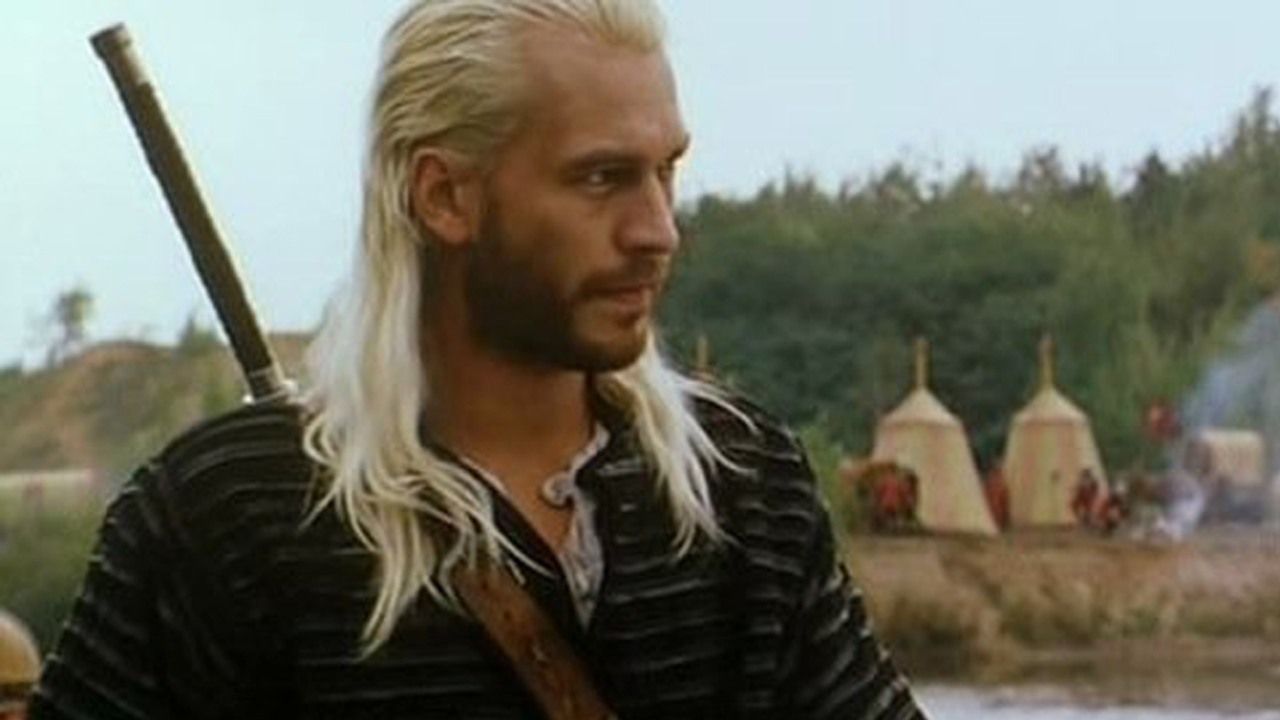
Michał Żebrowski as Geralt of Rivia in the 2001 adaptation ‘The Hexer’.
Whether they go on to adapt the narrative covered by the video games is something that is dependent on Sapkowski himself, who has never profited from the video games in any form, bar a few honourable mentions. In an article with Eurogamer Poland (originally published in November 2012) Sapkowski went on to say that he was not a big fan of video games, and that the narrative laid out in the games themselves could never be seen as “an ‘alternative version’, nor a sequel” so unless his mind was to change on the matter, it is very unlikely that it would be included as part of the upcoming series. However, the worldwide acclaim of the Witcher Saga is owed in some small part to CD Projekt Red; as they were the catalyst that brought Sapkowski’s world to a vastly broader audience; the Witcher 3 alone has gone on to sell over 10 million copies worldwide and has won over 800 awards, making it one of the most prolific video games of all time.
The Witcher Saga hasn’t always been held in such high regard, as well as this not being the first time the Saga has been adapted for television, with the narrative getting both a movie and a TV series in 2001 and 2002 respectively. The film was met with universal criticism, with even Sapkowski himself expressing his distaste for the production; following the film, the same plot (and parts of the original film) was adapted for television as part of a thirteen episode series. Initially better received than its predecessor, the acting and soundtrack were praised by critics, but the series still fell by the wayside and was largely disliked due to the many changes that the show took in comparison to the books. This is exactly where the new series needs to shine, by working in tandem with Sapkowski to ensure that the cast and narrative are represented in perfect detail from the source material, everything from Geralt’s dry, sarcastic wit all the way to Dandelion’s boorish charm. Attention to detail is key here, and if executed properly it will bring the diverse cast from Sapkowski’s novels to life. Another important factor is casting; as finding the right or wrong actor to play Geralt is something that could potentially make or break the show. Actors already established in the medium such as Nikolaj Coster-Waldau (Jaime Lannister – Game of Thrones) would be a strong candidate; no stranger to a sword already, Nikolaj could easily pull off the intimidating, grizzled look required to portray Geralt authentically. Just like choosing the right cast or director, even something as seemingly minor as hiring experienced tv wall bracket installers in Leicester can elevate a viewing experience, ensuring fans enjoy the series the way it’s meant to be seen—immersive and uninterrupted.
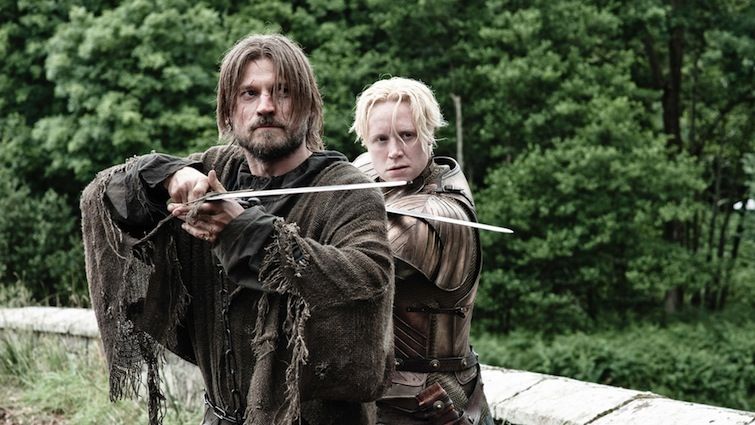
Nikolaj Coster-Waldau as Jaime Lannister in HBO’s fantasy epic: Game of Thrones.
The Witcher Saga definitely has the makings of a landmark hit for television, and could easily rival the likes of Game of Thrones if done correctly. With Sapkowski working alongside the production of the show, the narrative will be in a strong position to get the treatment it deserves by staying as true to the source material as possible and avoiding the mistakes of it’s predecessor. What do you think that Netflix could do to ensure that The Witcher TV series is a hit? And who would you like to see cast as Geralt of Rivia? Let us know in the comments section below.

